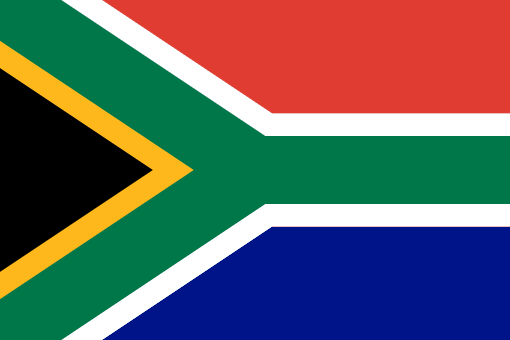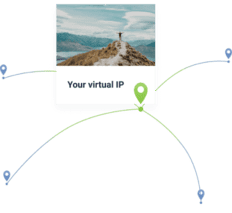South African residents and travelers to this country, we have some news for you. According to the Freedom on the Net reports, the internet in South Africa is rated as a free one. This sounds like good news, as you can freely surf the web while being in this country. The government hasn't censored any sites… yet.
The bad news consists in the fact that, from late 2019, they also talk over the Internet censorship bill. This document is also called the Film and Publications Amendment Bill, and its key aim is to allow state censorship of online content. Even though the official aim of this bill seems to be the protection of kids from racist, harmful, and violent content, no one likes to be restricted. So, how about getting ready for possible censorship in South Africa and starting enjoying the already geo-restricted content right now? Meet VPN Unlimited!
In this page you find out the answers on the following questions about our South Africa VPN:
- How to get free internet with our VPN for South Africa
- Are Virtual Private Networks legal in South Africa
- How to connect to a VPN South Africa server
- Do you need a VPN in South Africa and for African countries
- How to install the best VPN for South Africa DStv for your device
- How to protect your sensitive data while traveling from/to South Africa from hackers and spies
Trends for VPNs in South Africa
The VPN search trends for South Africa indicate a generally decreasing interest over the analyzed period, with a notable peak during the week of March 22-28, 2020. The maximum search interest reached 100.0, while the minimum was 25.0. The average level of interest was 38.53, suggesting moderate but fluctuating engagement. There is no clear seasonal pattern, and after the initial peak, search interest gradually declines.
Explanations for VPN trend peaks in South Africa:
1. Peak from 2020-03-22 to 2020-03-28: VPN searches in South Africa were unusually popular during that period because the country was preparing to enter a COVID-19 lockdown on March 26, 2020. As people anticipated spending more time at home, they sought VPNs to enhance their online privacy, access regional content restrictions, and secure work-from-home internet connections. This surge in interest likely reflected the broader population's adjustment to remote lifestyles and increased internet usage.






